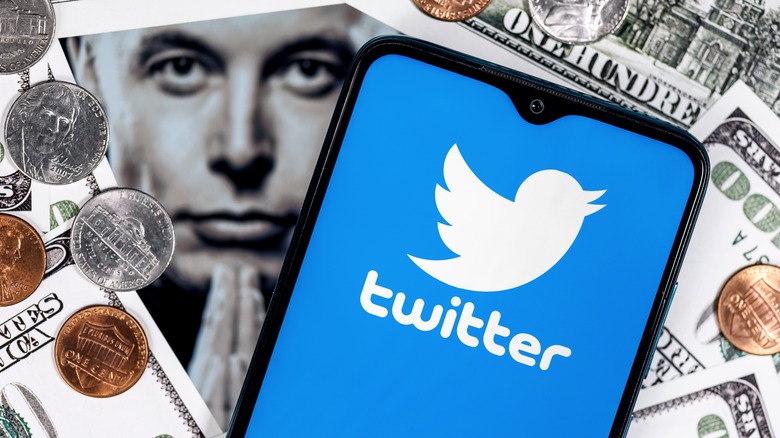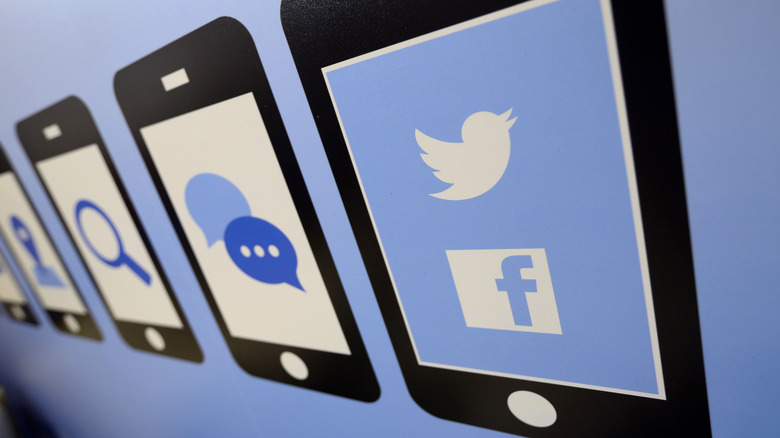Twitter Quietly Bans Third-Party Clients After API Outage Confusion
Twitter quietly made a major change to its policy regarding third-party developers and apps. Third-party apps have been a significant component of Twitter's success virtually since its founding. For example, Twitterific, an iOS app established before Twitter had an app of its own the Apple ecosystem, likely coined the word "tweet" (via Engadget). That's how deeply embedded they are in Twitter's overall service.
Twitter's willingness to collaborate with third-party developers appears to be at an end, however. New language in its official agreement with developers forbids non-employees to "use or access the Licensed Materials to create or attempt to create a substitute or similar service or product to the Twitter Applications" (via Twitter). Per the same source at Engadget, that is the only significant change in the text of Twitter's most recent development agreement.
The change in relationship with developers outside Twitter seems to be part of the same profit-focused strategy that CEO Elon Musk has employed at the increasingly battered social media giant. Like several of those strategies to date, however, this one may backfire. Here's how.
Reversal of fortune(s)
At first glance, reining in the developers making money from Twitter's data might seem like the most obvious, least problematic policy decision the company could make. Twitter's data belongs to Twitter. People who don't work for Twitter are using it to make money. Why shouldn't Twitter eliminate those people and make all the money itself?
The potential problem is equally simple, however. A lot of people use third-party apps. Per TechCrunch, more than six million regular Twitter users interact with the service at least partly through a third-party program. As Engadget reports, some apps remove unwelcome ads or make other quality of life changes that appeal to a subset of Twitter users. Rather than switching to mainstream Twitter, the company may well lose those customers outright.
Engadget also notes that, prior to Elon Musk's takeover, Twitter collaborated rather than competed with third-party developers. Twitter actually removed language limiting third-party access from the company's Developer Agreement in 2021. Starting in early 2022, Twitter went a step further, implementing an across-the-board policy shift to decentralize its business model and find new sources of revenue (via the New York Times).
Cutting off third-party developers is an abrupt and significant reversal of that policy. Whether the new, narrow approach to development can bring in sufficient profit to balance Twitter's increasingly red ledger remains to be seen.

